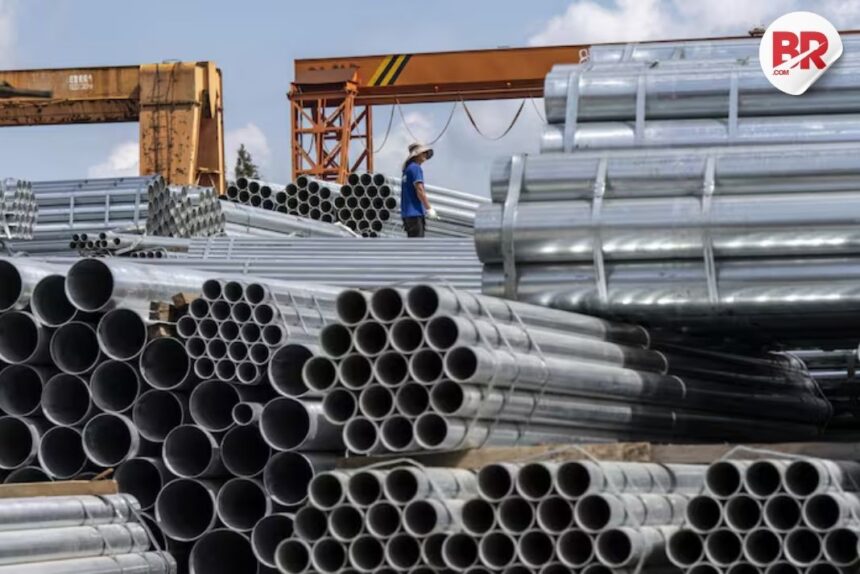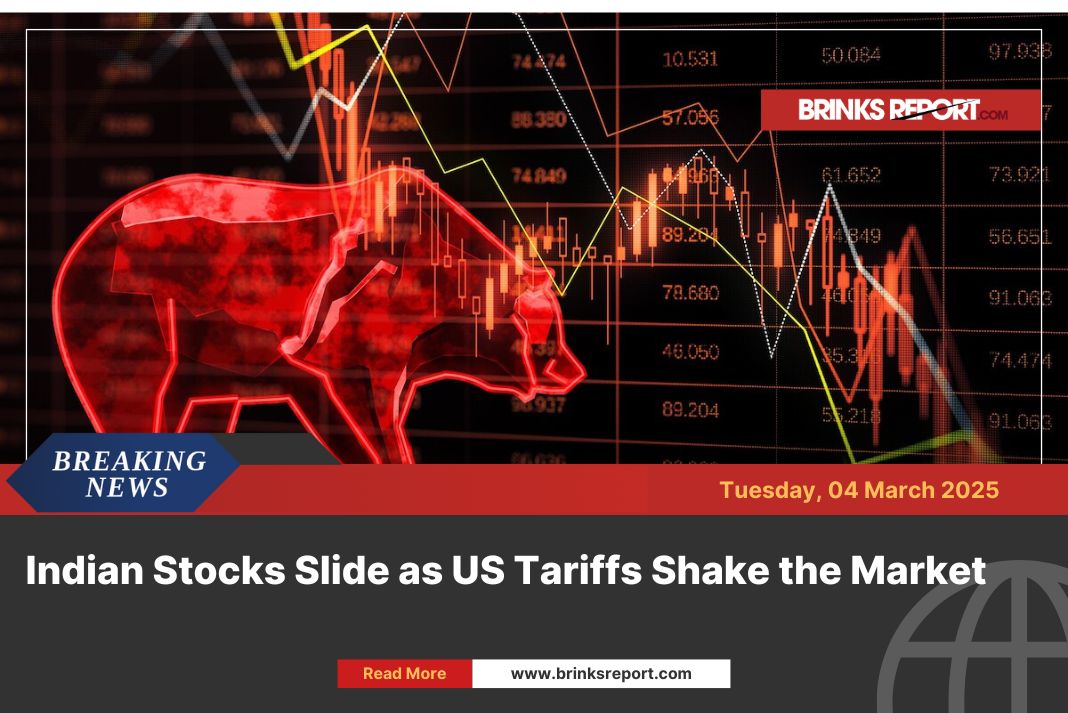
Steel imports to the U.S. will face 50% tariffs starting June 4, up from the current 25%, U.S. President Donald Trump announced on May 30. This news sent Indian metal stocks tumbling early Monday, with JSW Steel, Tata Steel, and SAIL falling up to 2%.
What does this mean for you?
If you’ve got metal stocks in your portfolio, you probably felt the hit. The Nifty Metals index dropped 0.8% by 10:10 am, trading at 9,118. For everyday investors, this means more short-term market turbulence and potentially weaker Q2 earnings for steel-heavy portfolios.

Trump made the announcement during a rally at U.S. Steel in Pennsylvania, saying the U.S. “shouldn’t rely on shoddy steel from Shanghai.” Yes, that’s the level of diplomacy now driving global trade.
Trade war fatigue? Not even close.
This move doesn’t just hurt Indian exporters. It heats up an already boiling pot of trade tensions. Hours before this announcement, Trump accused China of violating a minerals deal. The EU, too, isn’t taking this lightly.
“We strongly regret the announced increase,” an EU spokesperson told NBC News, calling it a move that “undermines” talks. If nothing changes, Europe plans to bring back and even expand retaliatory tariffs by July 14.
Also Read TECH STOCK BLOODBATH: Persistent, TechM Plunge 4% as US-China Trade War Escalates
What about the U.S. Steel–Nippon deal?
Trump threw in a side note: no layoffs or outsourcing from the pending Nippon Steel–U.S. Steel deal. But the ink isn’t dry yet. And markets don’t run on promises—they run on policy.
Why it matters for India’s steel giants
Indian companies like JSW Steel, Tata Steel, and SAIL depend on global markets. The 50% steel import tariff from the U.S. means tougher competition and shrinking margins. Combine that with rising costs at home, and it’s a rough ride ahead.
“There are global headwinds like renewed tariff concerns that will restrain a breakout rally,” said VK Vijayakumar of Geojit Investments. “Trump’s move makes the trade scenario more uncertain and turbulent.”
This isn’t just about steel. It’s about who sets the rules in global trade. Trump’s aggressive return to tariffs signals a more protectionist U.S. ahead of elections. For global markets, it’s a sign that stability is still a distant dream.
And the irony?
While Trump promises to protect Pittsburgh, the fallout hits portfolios from Pune to Paris. Globalization doesn’t need a passport—it just needs a tweet.
Disclaimer:
This article is for informational purposes only and does not constitute investment advice. Please consult a certified financial advisor before making any investment decisions.
Also Read Ericsson Bets Big on India: Names Country as Next Telecom Manufacturing Powerhouse












